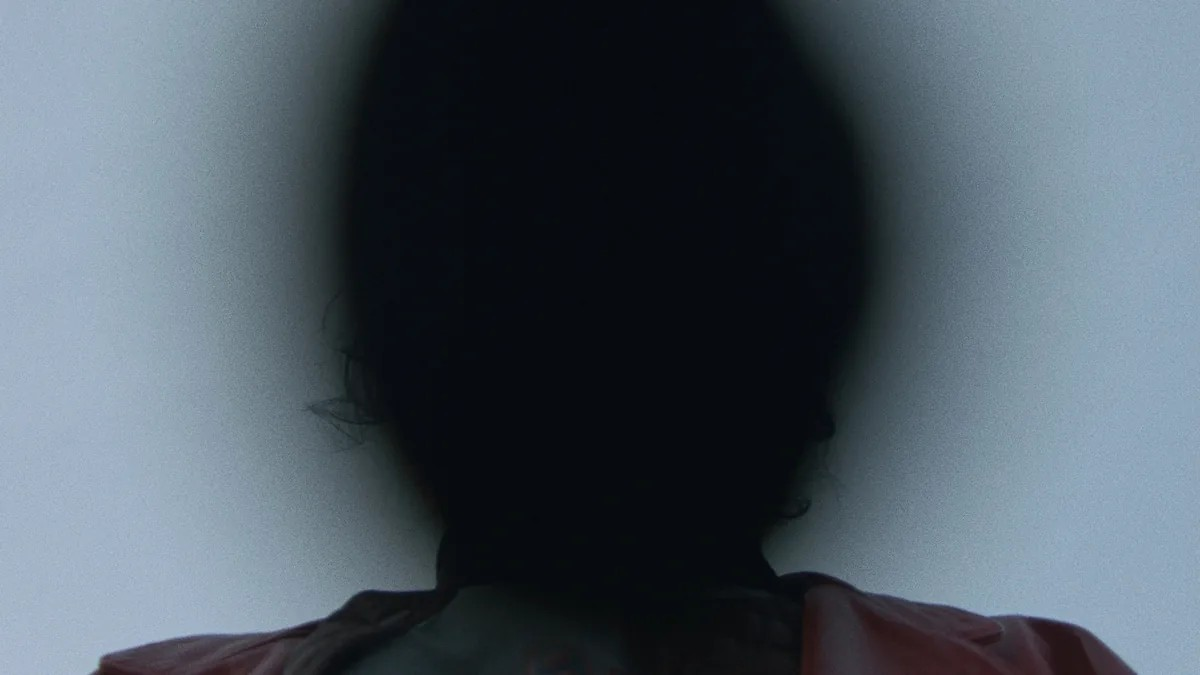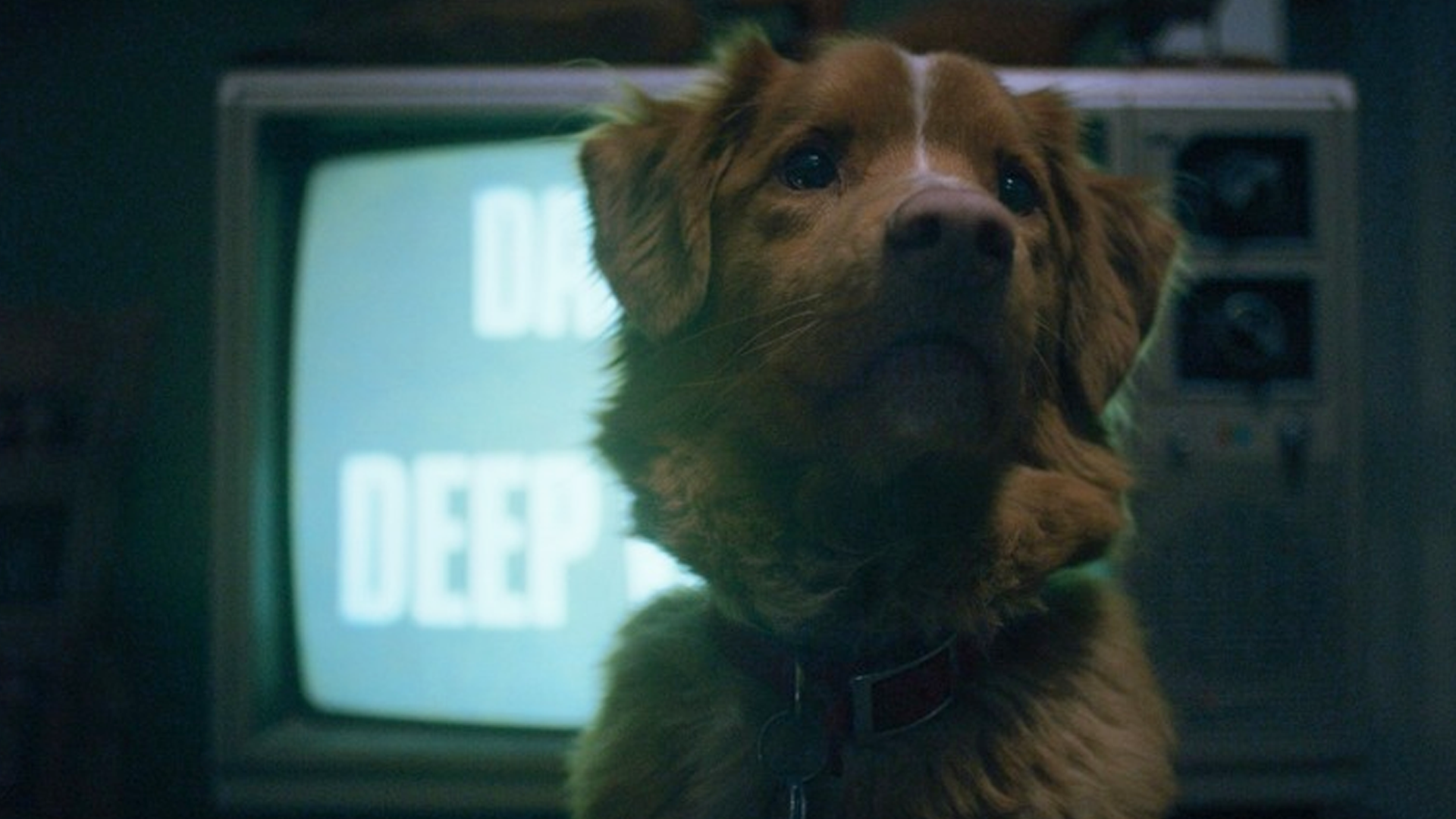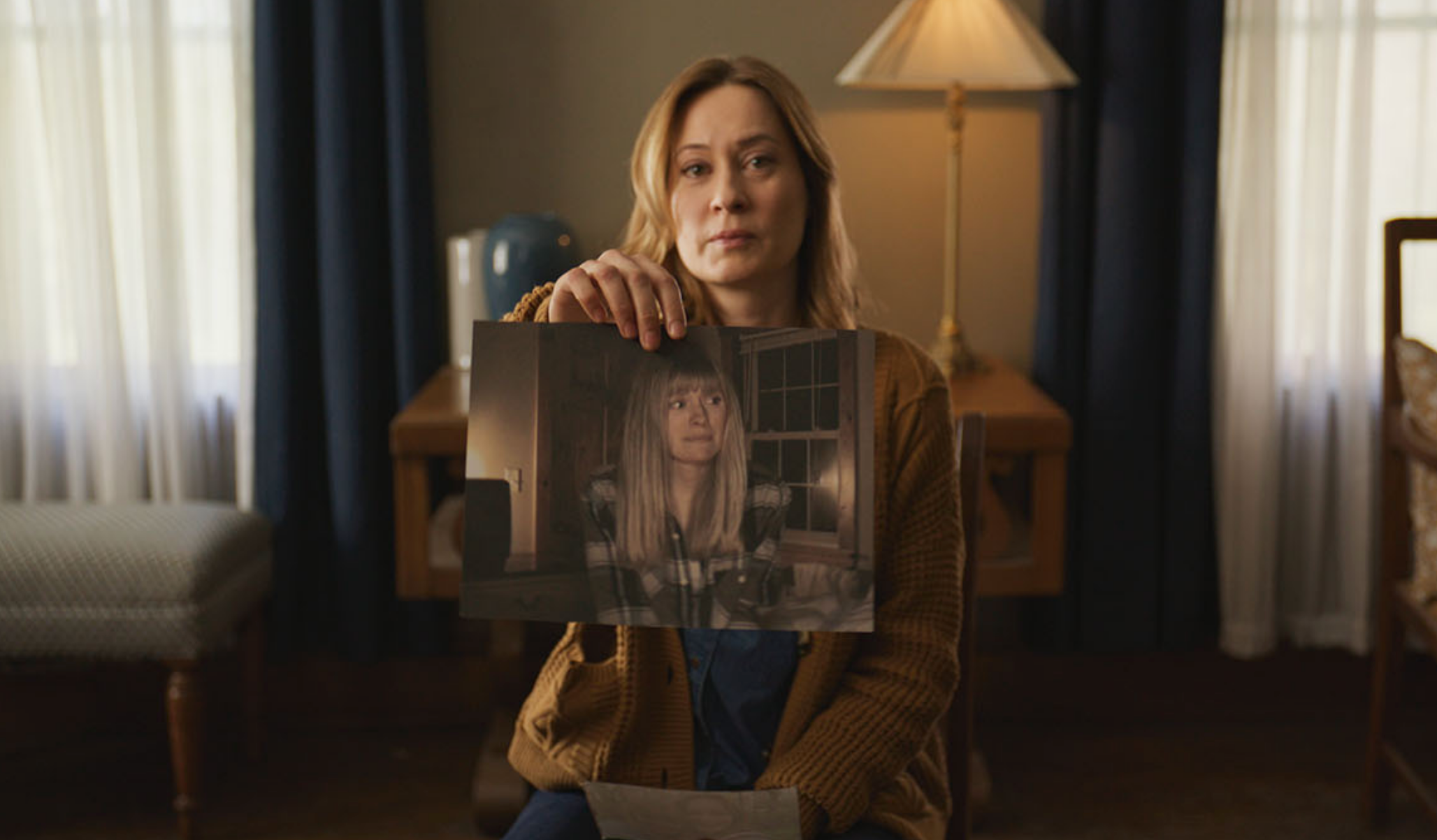Jurassic World Rebirth Review
The Jurassic franchise has always been about evolution—both in its storytelling and, of course, its dinosaurs. With Jurassic World: Rebirth, the latest chapter tries to live up to that idea. It introduces a new cast, a tighter structure, and a story that dares to explore different angles. And while it’s a passable, marked improvement over its predecessor (like Dominion, which struggled under the weight of its own nostalgia), Jurassic World Rebirth still can’t fully shake the feeling that this franchise isn’t sure where to go next.
A Leaner Story With Better Structure
To its credit, Jurassic World Rebirth doesn’t try to juggle too much. The story is more focused and more grounded than the sprawling, uneven plotting of the last few entries. We follow a new group of characters—scientists, conservationists, and civilians—brought together by a fresh, post-Dominion world where dinosaurs are still roaming free.
This time, the danger isn’t just about survival. It’s about responsibility. The film shifts the moral center of the franchise toward questions of legacy, control, and scientific ethics, rather than simply replaying the “monster on the loose” formula. That narrative restraint helps Jurassic World Rebirth feel more like a proper sequel and less like a summer theme park ride.
Director Gareth Edwards (known for Rogue One and Godzilla) brings a certain visual discipline to the chaos, too. The film’s pacing is tighter, the tone more consistent, and the action sequences feel more earned than forced. Even the quieter moments have weight—something recent Jurassic World films have often rushed past.
A Cast That Carries the Load
The new ensemble brings some much-needed fresh energy to the series. Scarlett Johansson leads the charge as Zora Bennett, a former covert-ops specialist turned dinosaur DNA extractor, while Jonathan Bailey (Dr. Henry Loomis), Mahershala Ali (Duncan Kincaid), Rupert Friend, and Manuel Garcia‑Rulfo add charisma and sincerity to their roles—even if the script doesn’t always give them enough room to fully expand. As one of the first female leads in a Jurassic film, Johansson’s performance adds an overdue, authoritative gravitas to the mission-driven narrative. That spotlight also allows the dinosaurs—the real stars—to shine even brighter.
This time around, there’s also a conscious decision to scale back on legacy characters and celebrity cameos, adopting a cleaner slate focused on fresh faces and ideas. Rebirth clearly wants to honor its roots, but it's striving—sometimes awkwardly—to carve out its own identity.
Something New—But Also More of the Same
Where Jurassic World Rebirth stumbles is in its attempt to cover new ground while still clinging to familiar imagery and cues. You can feel the tension between wanting to move forward and being afraid to let go of what worked before. The John Williams theme appears multiple times—each time slightly reworked, but still instantly recognizable. The camera lingers on yet another wide-eyed child reaching toward a dinosaur. We get callbacks to the classic, standout raptor scene, the T-Rex silhouetted in smoke, and more. All of it is lovingly recreated, but by now, it’s starting to feel like a prehistoric playlist on repeat.
After Dominion’s awkward attempt to blend nostalgia with spectacle, Jurassic World Rebirth clearly tries to scale that back. But the franchise still seems unsure whether its future depends on novelty or memory. The result is a film that feels caught in the middle—admired for its restraint, but never quite brave enough to forge a totally new path. And this is also something that could be more of a studio desire than the creative team, but who knows?
Even the film’s biggest new addition—the D-Rex, a genetically engineered hybrid with a tragic backstory—feels like a half step forward. It’s a compelling creature, and the idea of blurring the lines between villain and victim adds some emotional weight. But the execution doesn’t quite dig deep enough to make it feel transformative. It’s a cool idea, handled just well enough to stand out, but not quite enough to redefine the franchise.
Franchise Fatigue Is Starting to Show
More than anything, Jurassic World Rebirth suffers from the same thing many long-running IPs do: exhaustion. After six previous films, there’s a growing sense that the world of Jurassic has been stretched about as far as it can go without major reinvention. The story is stronger, the cast is solid, and the direction is competent—but there’s still an unavoidable hollowness to it all.
What once felt awe-inspiring now feels expected. Dinosaurs appear, people run, ethical questions are raised, and mostly unresolved. There are occasional flickers of brilliance, but the emotional core that once set Jurassic Park apart—the sense of wonder, the sense of fear—feels diluted. Even the score, once a soaring reminder of cinematic magic, has become an overused button used to summon nostalgia at just the right (or wrong) time.
Score: 6/10
Jurassic World: Rebirth is a decent sequel that tries to chart a new course—and in some ways, it succeeds. The story is tighter, the cast is capable, and the direction shows more restraint than the last few entries. But despite those improvements, it still feels like a franchise trapped in amber.







